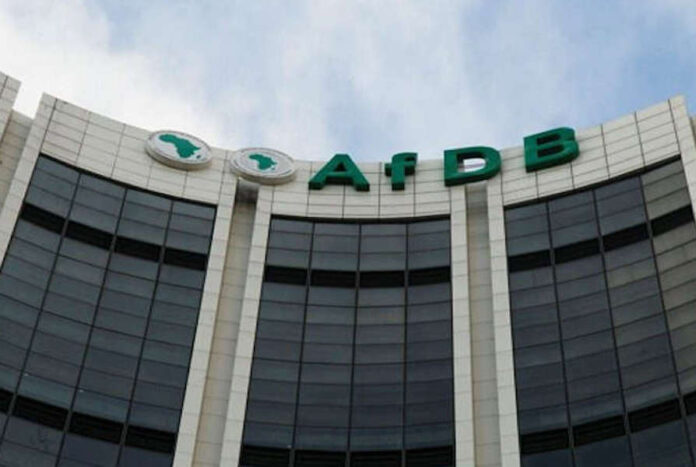The African Development Bank (AfDB) has stated that Africa’s food and agribusiness sector is estimated to hit $1 trillion by 2030.
This, the AfDB said, would present significant opportunity for businesses to invest in the sector and for smallholder farmers to meet the growing demand for food on the continent.
The AfDB President, Dr. Akinwumi Adesina, stated this at the World Food Prize Foundation’s Norman E Borlaug dialogue in Des Moines, Iowa, United States of America.
Akinwumi said that the several world leaders are actively bolstering food production and food security in Africa.
The move, according to him, is apt considering the fact that global population is expected to reach nine billion, which he said would create a pressing need for Africa to increase its agricultural productivity to meet the rising demands for food on the continent.
He pointed out that the continent, which is home to 65 per cent of the world’s remaining uncultivated arable land, ironically is importing most of its food, adding that African leaders are intent on ensuring that their countries are self-sufficient in food and become food exporters.
Adesina explained how 34 African leaders endorsed country food and agriculture delivery compacts that produced action- and outcome-driven plans to ensure food security and unlock the continent’s full agricultural potential within five years, maintaining that this is in line with the core of the Bank’s Feed Africa strategy, which it launched in 2016.
Since then, he added, the strategy has supported more than 250 million people, who have benefitted from improved agriculture technologies.
Adesina said that partners had committed over $70 billion to support the food compacts as the bank is expected to provide $10 billion over the next five years.
He said that the Dakar 2 reflected the collective resolve of African leaders to ensure the continent feeds itself.
One of the leaders, President Sahle-Work Zewde of Ethiopia, who was at the Borlaug Dialogue, said: “As African leaders, we are all committed to self-sufficiency in food production. Today, Ethiopia, for the first time in its history, is self-sufficient in wheat production and is a wheat exporter to its neighbours.”
Zewde acknowledged that this groundbreaking achievement was helped by the African Development Bank’s Technologies for African Agricultural Transformation (TAAT) initiative. TAAT has distributed more than 100,000 tons of certified seeds of heat-tolerant wheat varieties, increasing Ethiopia’s wheat production by 1.6 million metric tons in 2023.
Further underlining the high level of African participation at the Borlaug Dialogue, Vice President Kashim Shettima, harped on the importance of leadership to feed Africa and develop the continent. “A nation falls or rises dependent on the quality of its leadership,” he emphasised.
The Governor Plateau State, Mr. Caleb Mutfwang, stated the need to transform African agriculture through Special Agro-Industrial Processing Zones (SAPZs).
Mutfwang said: “The time has come to deal with the elephant in the room, and that is corruption. We are serious about this, and we want investors to know that investing in Plateau State is a win-win.”





















